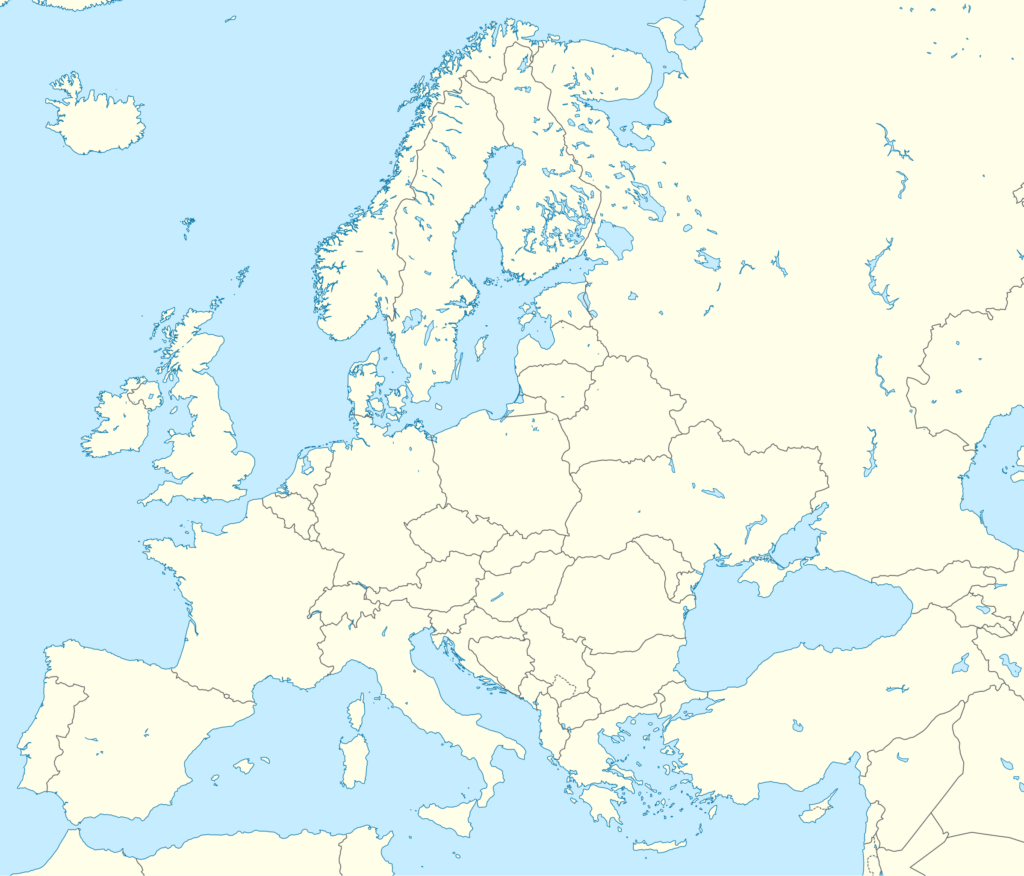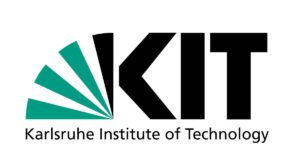
UDE

University of Duisburg-Essen
Duisburg, Germany
- Developing comprehensive modelling for 3D structuring of electrodes
- Optimization of drying and wetting steps
- Achieving “Smart re-tooling” through ML based navigation
in manufacturing parameter space - Pairing machine learning with electrochemistry to
optimize the formation protocol - Experimentally validating fluid dynamics modeling to
optimize 3-D patterning of electrodes and separator - Considering trade-offs between efficient manufacturing,
cell performance/durability, and environmental/societal impact
in cell design/manufacturing nexus
KIT

Karlsruhe Institute of Technology
Karlsruhe, Germany
- Informing the wider public about progresses in battery cell manufacturing
and associated business opportunities - Addressing batteries’ sustainability and environmental impacts
in public debates and political discussions - Raising public interest and awareness about
the consortium’s progress and achievements - Educating companies, including those not yet involved
in the battery manufacturing supply chain, about potential opportunities
CIDETEC
 CIDETEC
CIDETEC
San Sebastian, Spain
- Developing environmentally friendly water-based slurry preparation and coating process
- Reducing solvent quantity while maintaining mechanical integrity
and electrochemical performances at high loadings for EV(Electric Vehicles) applications - Implementing novel one-step calendering-drying process,
thereby reducing drying time, emissions and production costs - Laser structuring of current collectors and electrodes,
thereby reducing electrode quantity and improving adhesive strength - Managing potential market entry of sustainable water-based, solvent-reduced,
and high-loaded electrode processing at GWh scale after project completion.
AIT

Austrian Institute of Technology
Vienna, Austria
1. Ensuring timely execution of tasks
2. Management and monitoring of Project resources
3. Quality control
4. Internal communication within Project-consortium and with the European Union
SOVEMA Group
![]()
SOVEMA Group
Villafranca di Verona, Italy
- Reduction of dry room requirements by
investigating cell assembly processes outside dry rooms - Estimating and analysing manufacturing cost and
energy demand of cell finishing process - Developing up-scale manufacturable processing of battery cells
with proposed eco friendly technology, paving the way to industrialization
CERTH
 Centre for Research and Technology Hellas
Centre for Research and Technology Hellas
Thessaloniki, Greece
- Porosity of fresh and aged electrodes
- Electrode microstructure analysis
- CEI and SEI characterization
- Stack drying mechanisms
RISE

Research Institutes of Sweden
- Mapping sustainable sources of Raw materials
- Increasing awareness and knowledge about sustainability work throughout the project
- Recycling of production scrap and end-of-life battery cells
- Creation of Battery data space which meets upcoming passport regulations
- Conducting full ISO-Compliant LCA
Saueressig Group
![]()
Saueressig Group
- laboratory tests on electrodes using a combined calendaring and drying process
- generating test data to develop a process concept, select technologies and suppliers, and assess environmental impacts for life cycle
- developing the equipment concept for production scale, integrating it with the virtual production line development. analysis
